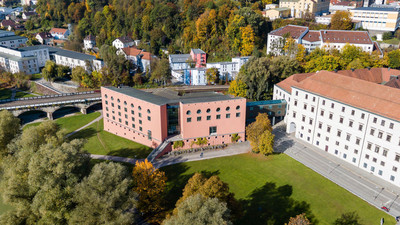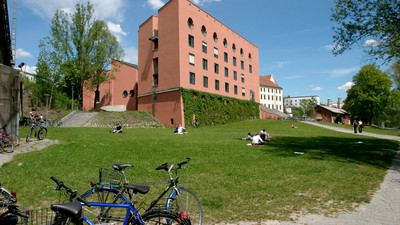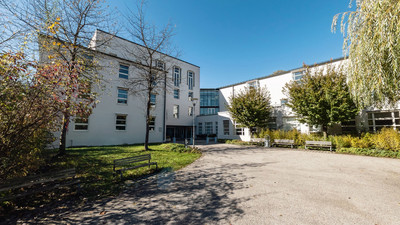However, the potential of digital platforms to resolve such market frictions remains unexplored. Furthermore, little is known about which platform services actually benefit its subscribers and which do not. It is also important for researchers to understand how to increase the uptake of digital platforms and their services and how to make sure that potential users are able to work with them. Furthermore, the socio-economic impact of platforms on small businesses, farm households and rural communities and the platform’s contribution to achieving the Sustainable Development Goals (SDGs) is yet to be investigated.
In order to address these research gaps, a team of Development Economists from the University of Passau, the University of Ghana and Tufts University in Boston, will conduct a field experiment in Ghana. Randomly selected entities will be part of a treatment group in the experiment whereas others will serve as a control group. The treatment group will be made especially aware of an agri-business platform by targeting them with an intensive marketing campaign, while the control group will not be exposed to the marketing campaign and just have exposure to the general publicity. The special campaign will create exogenous variation in the uptake of the business platform and can hence serve as instrument to identify the effects of uptake on business performance and welfare.
In order to prepare the field experiment, a small team led by Dr. Edward Asiedu (University of Ghana) conducted mid-December an explorative study. On December 12th, 2022 the research team started their journey to the Northern regions of Ghana, interviewing small businesses and farmers that are using the digital agri-business platform called “Farmerline”. The application helps agri-businesses to track customers, its sales and inventories. One shop keeper explained that for him, the main advantage of the platform is that he can see all the purchase history of his customers and call them to check on their businesses. During the dry season, however, many shops are closed as only few agricultural activities are carried out. The respondents openly shared their experiences with the platform. After five days in the field, getting to know business-owners and farmers, the team was travelling back to Accra. The collected qualitative data is an important information base for the planned field experiment. It will be implemented in regions where “Farmerline” has so far not been active.










